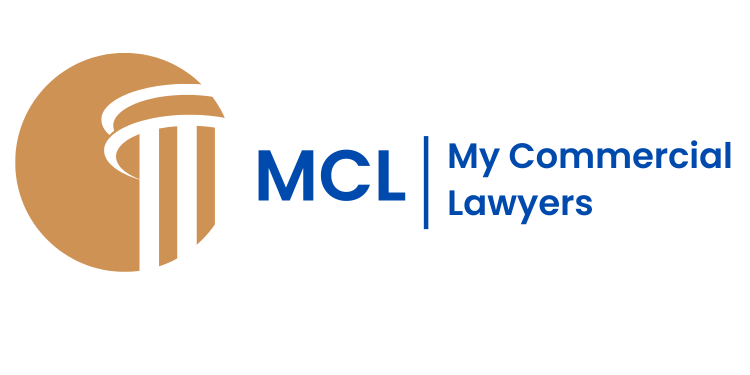Adjudication vs. Litigation
When disputes arise on construction projects, you’ve got options: adjudication or litigation. While they both aim to resolve disagreements, they’re pretty different in how they work, the costs involved, and how long they take. In this post, we’ll compare adjudication with litigation and explain why adjudication might be your best bet for resolving disputes quickly and cost-effectively.
Adjudication vs. Litigation: What’s the Real Difference?
Let’s break it down:
Time: Adjudication is fast – decisions are usually made within 28 days. Compare that to litigation, which can take months or even years. In construction, where time is money, adjudication is often the way to go if you need a resolution quickly.
Cost: Adjudication is generally much cheaper. With litigation, you’re looking at high court fees, legal expenses, and potential expert costs. Adjudication tends to have fewer costs, so it’s a more affordable option.
Formality: Litigation is a formal, often complicated process. You’re dealing with courts, lawyers, and all sorts of procedural rules. Adjudication, on the other hand, is much simpler. You don’t need a massive legal team, and the process is designed to be straightforward.
Access to Experts: In adjudication, the adjudicator is often a construction expert with practical knowledge, so they can address your issue quickly without the need for expert witnesses in most cases. In litigation, you might need experts to testify, which can slow things down.
Why is Adjudication Faster and More Efficient?
Time is often the most critical factor in construction disputes. Delays can cost thousands, and the longer the issue drags on, the more difficult it is to keep the project on track. That’s where adjudication comes in. Because it’s designed to be quick, adjudication helps resolve disputes within a matter of weeks, not months or years. The 28-day time frame forces everyone to get their act together and focus on resolving the matter quickly.
How Adjudication Can Save You Money
Costs can quickly spiral out of control in a drawn-out litigation case. In contrast, adjudication is designed to be a cost-effective alternative. With fewer court fees and less need for expensive legal representation, adjudication is often the more economical route. For contractors and developers, saving on legal costs means more money for the actual project.
How Adjudication Helps You Avoid Project Delays
One of the biggest challenges in construction is keeping projects on schedule. Litigation can cause major delays, as it often involves taking time off work for hearings and waiting for court decisions. With adjudication, the process is far less disruptive. While the dispute is being resolved, work on-site can continue, keeping the project moving forward. If a decision is made quickly, it gives everyone the clarity they need to move on.
When Should You Choose Adjudication Over Litigation?
If your dispute is straightforward and relates to a specific issue like payment, delay, or contract breaches, adjudication is often the best option. It’s designed to handle disputes efficiently, without the need for lengthy legal battles. However, if the case involves complex legal issues or large financial stakes, litigation might be necessary, but adjudication should always be considered first.
Why It Matters:
Choosing the right path for resolving a dispute can make or break your project. Adjudication offers a faster, cheaper, and more efficient alternative to litigation. Understanding the benefits of adjudication and when to choose it will help you keep your projects on track and avoid unnecessary costs and delays.
